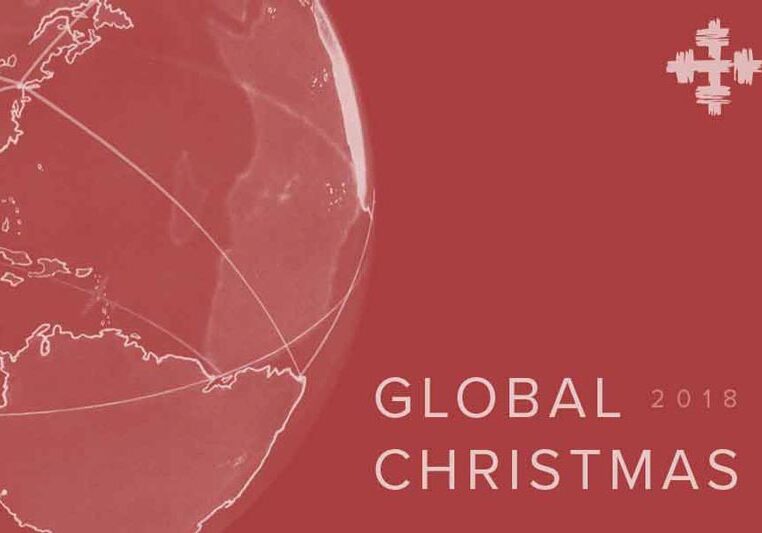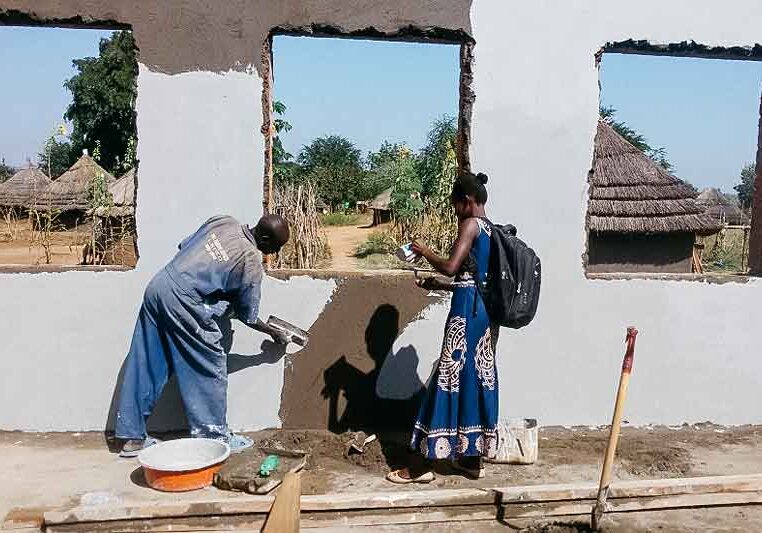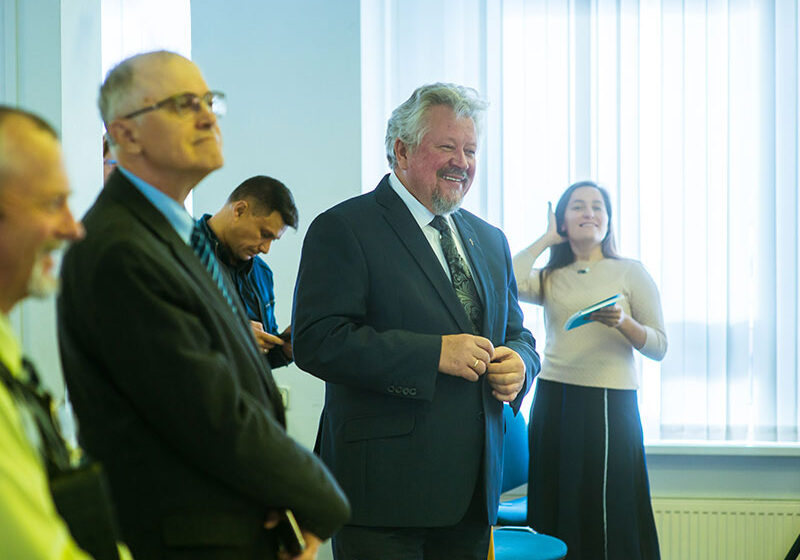A New Health Clinic in South Sudan
It’s easy to take medical care for granted. Whether it’s an Urgent Care down the street or the streamlined facilities of a modern, local hospital, we’re used to having quality care when our family needs medical attention. In South Sudan, a remote country in east Africa, good medical care is nearly non-existent. Traditional medicines, local spear-masters (witch doctors), and basic pharmaceuticals found at the local market have been the primary means of medical help. All this recently changed in the village of Lietnhom, where a new medical clinic opened—dedicated to serving the needs of the village and surrounding areas.
When Fellowship teams began traveling to this remote African village twenty years ago, a young orphan boy named Angelo caught their attention. He was bright and articulate for his age, and over the years it became apparent that he was called to become a doctor. Angelo longed to provide medical care to his own community; his mother and father had died of treatable diseases, spurring in him a passion to spare other families the same grief.
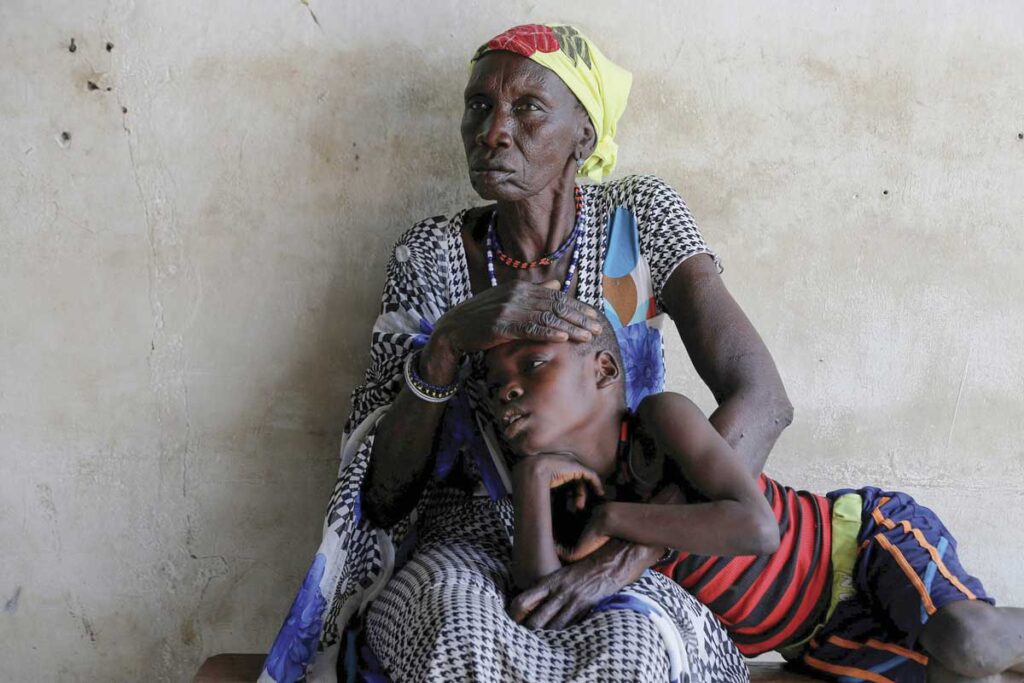
Over the years and with the help of several Fellowship families, Angelo received a good education and graduated from medical school in Kenya. Soon he will complete his internship and return to serve as the village’s first-ever doctor at the just opened “Achiek Women’s Clinic” (Achiek means “Creator-God”). With the nearest city over 150 kilometers (93 miles) away, one can only imagine what this will mean for the people of Lietnhom and the surrounding region.
The World Health Organization estimates that there is one doctor for every 65,000 people in South Sudan, meaning that Angelo will soon be the only doctor within a radius of one hundred miles. The clinic will function as an Urgent Care facility, providing diagnosis and treatment for many common ailments and diseases.
Of course, changes in community care require changes of mindset as well. Fellowship member Mike Vogt has traveled to South Sudan many times and is thrilled by the opening of the new clinic and what it will mean for the community. He is also aware that change can come slowly, but it’s well worth the effort. “There are several things that we’re trying to help people understand regarding their new clinic,” says Mike. “Number one, this is not free healthcare. We need the people to contribute even in a modest way, to help recover costs for replenishing medicines. We could try to provide all services for free, but even for the clinic to be partially self-sustaining, and for people to value the provided care, we’re asking that people bring some money when they come to the clinic.”
Mike relates this to when Fellowship and other partners established the first high school in that area some years ago. Families were asked to pay three chickens and one goat for their child’s education—no small fee in that agrarian economy. It took a while for people to learn the value of what education could mean for their families and their community. In the same way, villagers will value local medical care more as they help cover its cost.
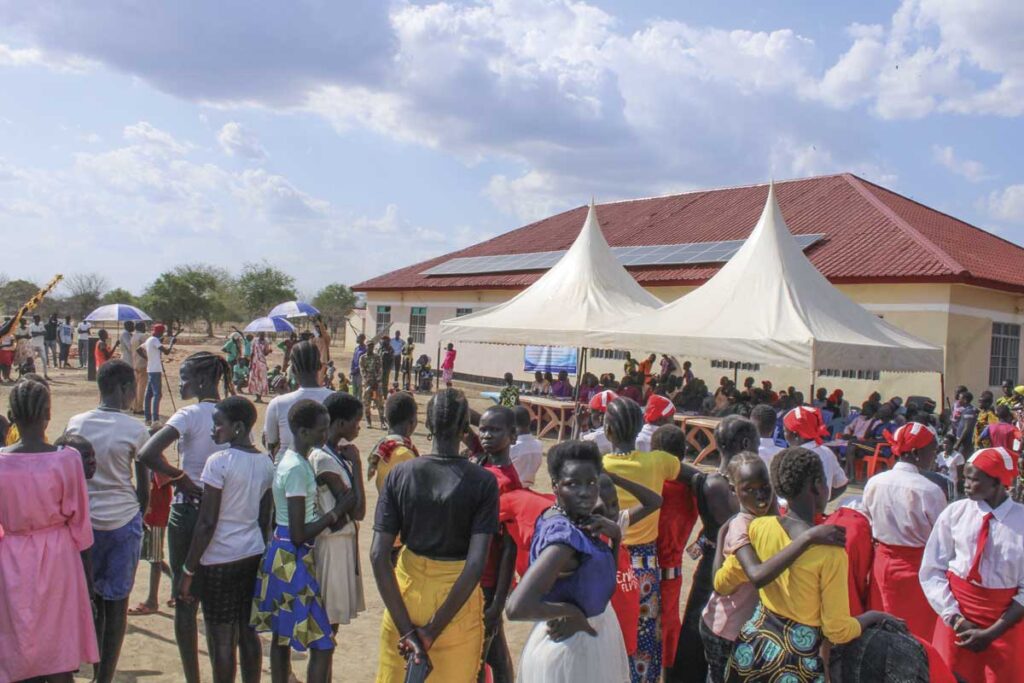
“The second objective,” says Mike, “is to get people to actually come to the clinic for their medical needs. Though open and fully functioning under the care of an interim physician, the clinic is not yet as busy as it could be. Many folks are unaware of what good medical care can mean for them and their families. We can’t always get the word out to the surrounding areas that care is now available, but with the help of motorcycles and now even an ambulance, we are often able to take care to those who might not come to us.”
Finally, there is the need to educate the community regarding good hygiene and practices that will keep them out of the clinic. “This is the next iteration for us,” says Mike. “We need to establish a public health program that teaches things like sanitation, clean water, and other proactive steps that lead to healthy living. When this happens, I believe the community will begin to thrive as never before.”
The clinic is more than a means for physical care, however. It stands as a monument to the love of God for a local people and a community, a love expressed through the hands of many, including members of Fellowship. “Most people don’t get the privilege of having a front-row seat to what our Global Partners are going through,” Mike says passionately. “They know they give money in December—and they hear the occasional story of what God is doing—but I would want people to know that extremely good things–life-changing things are happening on the ground with our Global Partners. I can speak for what I’ve seen in Africa: the building of schools, the scholarship programs, the training of pastors, the many educational efforts, and now the building of the medical clinic. These things are changing lives in South Sudan. Because of these things, young people are getting an education then returning home to invest in their communities. And this, I believe, causes the community to become more fertile soil for the Gospel!”
Fellowship is privileged to help change people’s lives in faraway South Sudan. May this be something we never take for granted.


